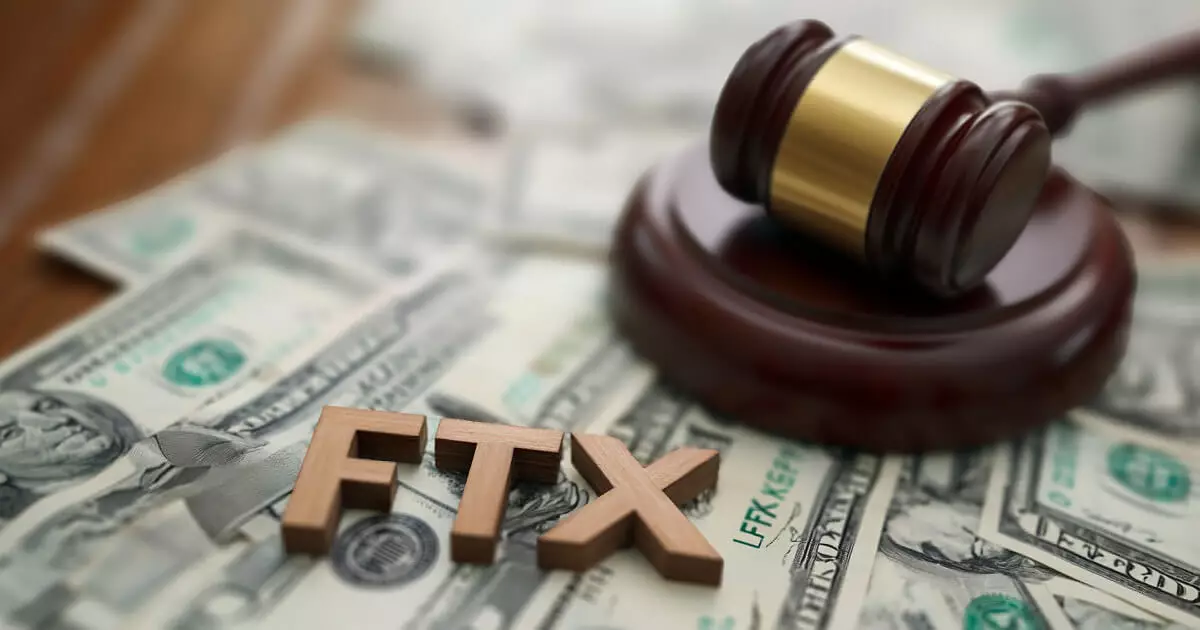The recent filing by the US Securities and Exchange Commission (SEC) regarding FTX’s bankruptcy repayment strategy has raised significant concerns within the cryptocurrency industry. The plan to repay creditors using stablecoins or other digital assets has sparked a debate over its legality under federal securities laws.
The SEC’s filing has cast a shadow of uncertainty over the ongoing FTX bankruptcy case. While the SEC has not definitively stated the transactions are illegal, it has reserved the right to challenge their legality in the future. This approach has been criticized for potentially prolonging the already complex bankruptcy process.
The SEC’s decision to reserve the right to object to FTX’s repayment plan has added another layer of complexity to the situation. By requesting the removal of a discharge provision from FTX’s Chapter 11 Plan, the SEC aims to ensure full accountability in the bankruptcy process. However, this move has been met with backlash from industry experts who argue that it may lead to unnecessary delays.
Paul Grewal, the chief legal officer of Coinbase, has criticized the SEC’s lack of clarity regarding the use of stablecoins for creditor repayments. Grewal highlighted the ambiguity surrounding the SEC’s stance, stating that the agency’s veiled threats create an environment of uncertainty for investors and markets. This criticism reflects a broader frustration within the crypto industry over the SEC’s regulatory approach.
Many within the industry fear that the SEC’s reservations regarding the use of stablecoins in creditor repayments could unnecessarily delay the bankruptcy proceedings. This, in turn, could prolong the financial hardship for creditors waiting to be repaid. The ongoing debate about whether stablecoins should be treated as securities under federal law has further complicated the situation.
If the SEC were to successfully challenge FTX’s use of stablecoins in creditor repayments, it could set a precedent that impacts other companies and creditors involved in similar bankruptcy proceedings. This potential ripple effect has raised concerns about the broader implications of the SEC’s current stance on the matter.
The SEC’s reservations regarding FTX’s bankruptcy repayment strategy have sparked a heated debate within the cryptocurrency industry. The lack of clarity and potential for prolonged delays have drawn sharp criticism from industry leaders. As the situation unfolds, it remains to be seen how the SEC’s actions will impact the future of bankruptcy proceedings involving digital assets.


Leave a Reply